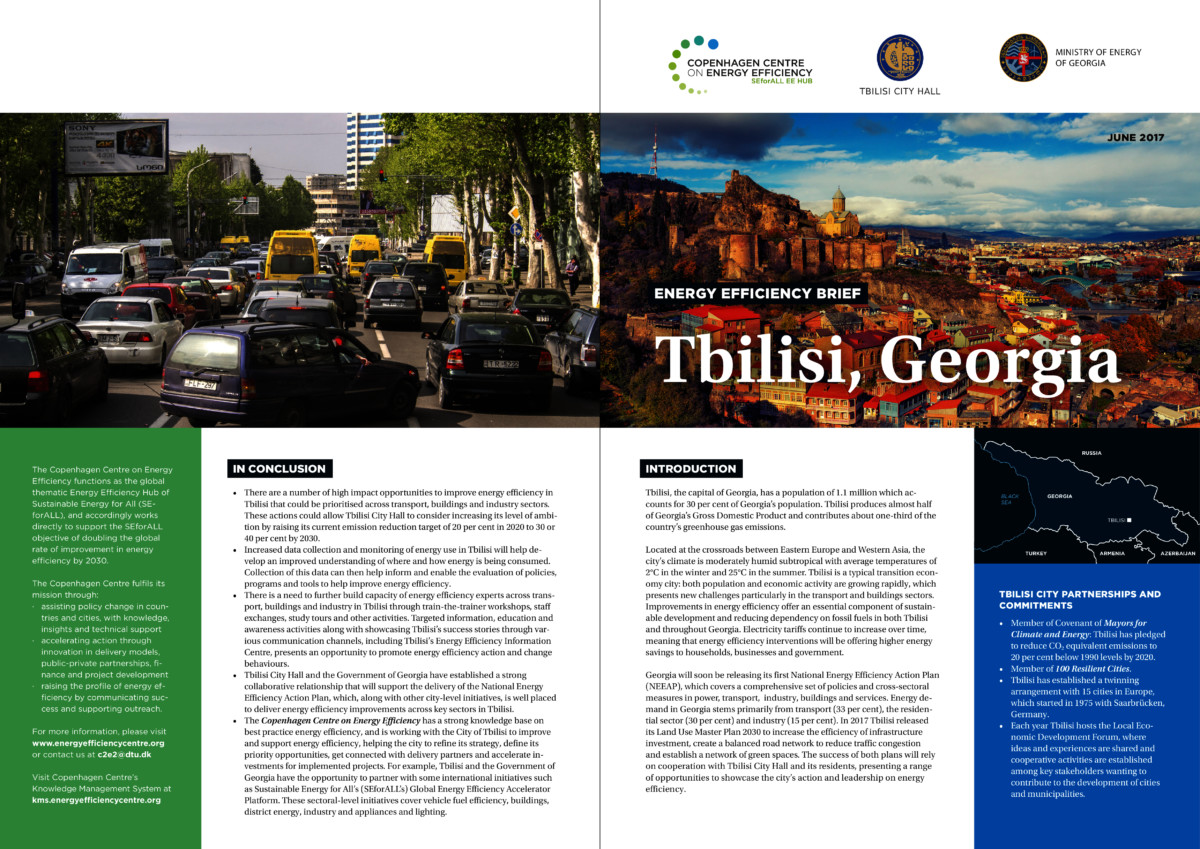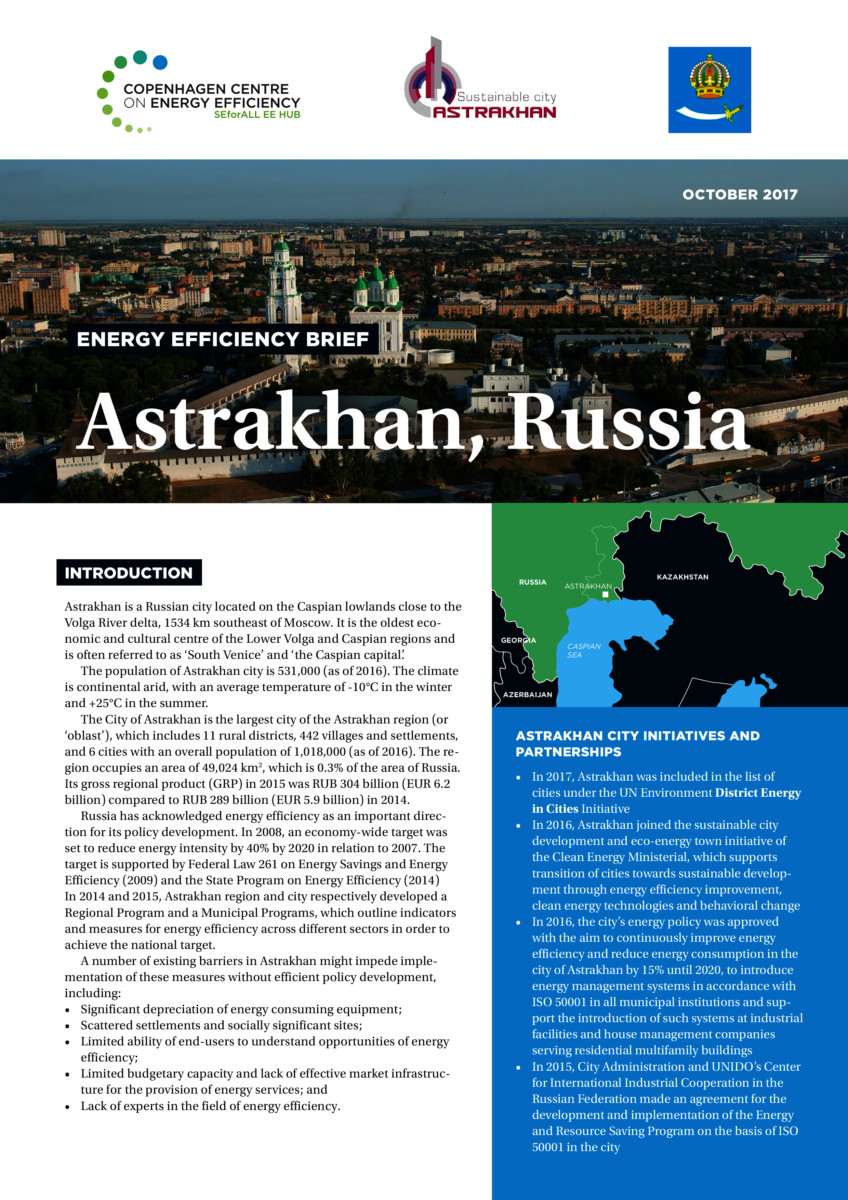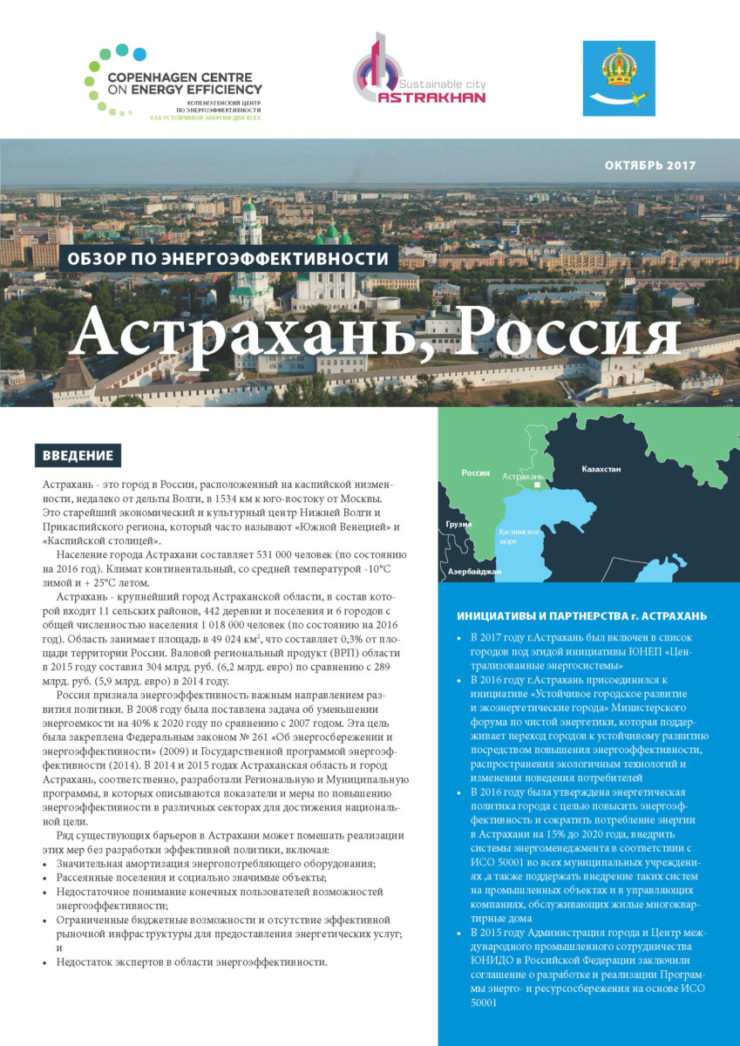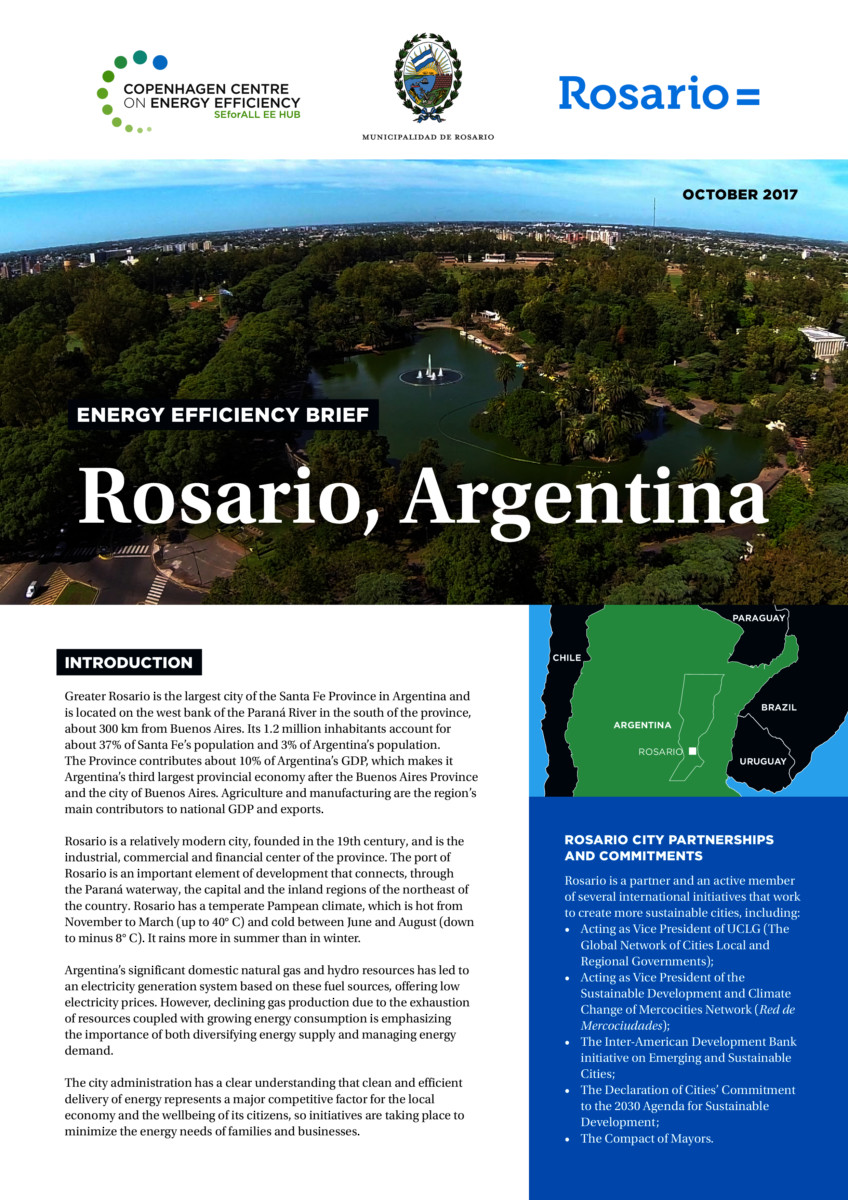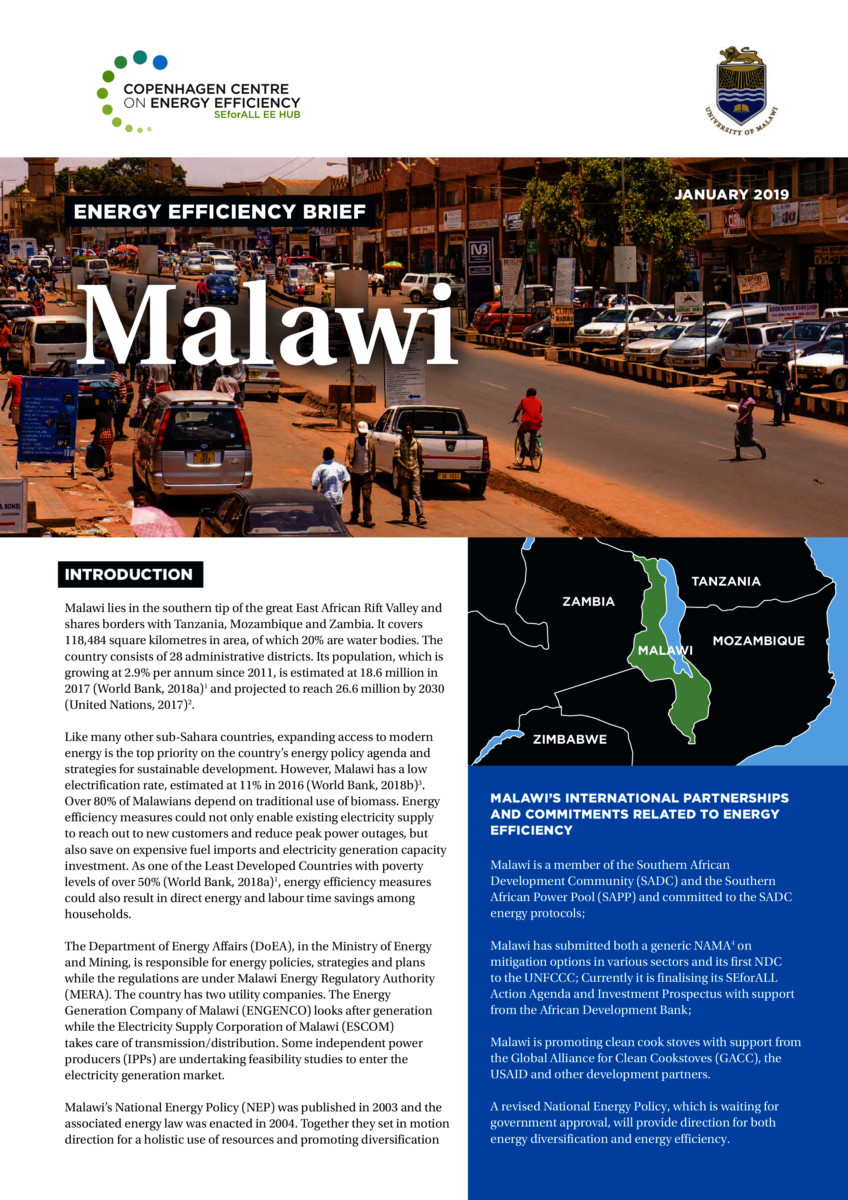Cities have historically been the hub of various activities, developments and investments. The number of people moving to cities is constantly increasing and estimates predict that more than two thirds of the global population will be living in urban areas by 2050. Currently more than 70 percent of global greenhouse gas emissions are produced in cities, while increasing population, urbanisation, and economic growth is escalating this amount even further.
At the same time, city authorities often have sufficient power and independence to take local actions, which have the potential for immediate and impactful results. Therefore, it is crucial for cities to be in the front line of sustainable actions and unlock local opportunities for climate change mitigation. Investments in compact, connected, and efficient cities are estimated to reduce greenhouse gas emissions by 3.7 Gt CO² per year by 2030 and generate savings of US$ 17 trillion by 2050.
The importance of cities for climate change mitigation has been widely recognised on the international policy arena. At COP23, cities were highlighted as one of the key actors in achieving the goals of the Paris Agreement, which was supported by the Bonn-Fiji Commitment of Local and Regional Leaders to Deliver the Paris Agreement At All Levels.
Related content: Explore Database of City Best Practices
While more and more city governments are recognising the urgency and value of their actions and increasingly become motivated to follow more sustainable path of development, they need continuous support from the international expert communities and financiers to ensure that their ‘ambition to act’ can be effectively transferred into ‘projects to invest’.
The Copenhagen Centre aims at assisting governments by conducting a quick assessment of energy efficiency status and priority areas in key sectors for a city (in some cases – a country) through a direct engagement of the local administration and experts.
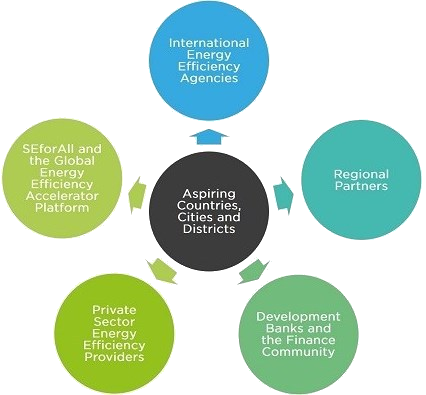
The results of this assessment are presented in the form of a concise publication – a city or a country brief – which is used to raise awareness about energy efficiency opportunities in this location among potential donors and formulate future energy efficiency projects through a direct dialogue between international experts and the local administration. The briefs presented below follow a similar structure while being tailored to the local situation and priorities of the jurisdiction under the analysis. It is a growing collection of the publications, which reflects the expanding work of the Copenhagen Centre with cities around the world.
What city briefs are for?
- Raising city profile
- Assessing energy efficiency opportunities
- Developing the project concept based on the selected energy efficiency opportunities with involvement of the local coordinator and stakeholders.
- Linking the developed project concept to international and local partners, including technology and service providers, and potential sources of funding.
- Providing a framework for tracking progress, knowledge sharing and analysis of lessons learnt.
- Establishing the process of replication and scaling up of the project within and beyond the city.

